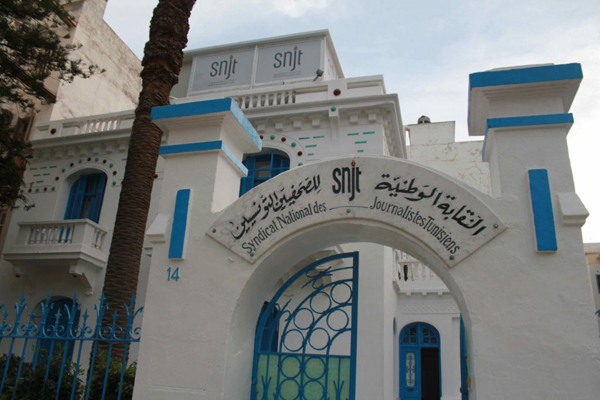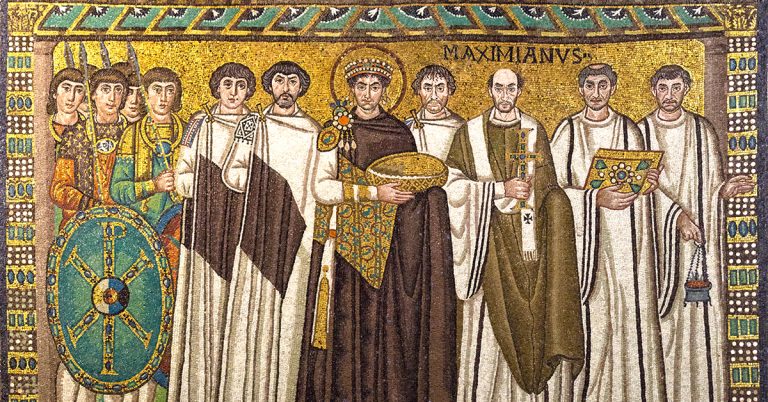
by Kjetil Selvik, Jacob Høigilt
Only a few years ago, Tunisia was the freest country in the Arab world, with a flourishing media scene. Journalists were scrambling to reinvent their role in the public sphere that emerged after the Jasmine Revolution. Today, journalists face military courts when they criticize the government. The director of Tunisia’s most important radio station, Mosaique FM, was arrested over the station’s critical coverage of President Kais Saeid. Tunisia is sliding back into authoritarian rule.
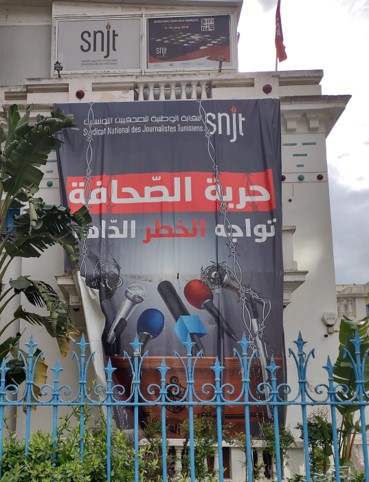
Experiences like this are sadly commonplace: whenever aspiring democracies decline, free journalism suffers. That does not necessarily mean that journalists are passive victims. The reality is more complex. Journalists play contrasting roles in young democracies and do not always promote liberal values.
In Journalism in the Grey Zone: Pluralism and Media Capture in Lebanon and Tunisia we investigate the political role of journalism in two countries that were characterised by hybrid politics in the aftermath of the Arab uprisings. By hybrid politics, we mean practices that blur the distinction between autocracy and democracy. For example, Tunisia after the 2011 revolution had a democratic constitution and a functioning parliament, but at the same time, important political decisions were taken behind the scenes, far from public oversight. Corruption was endemic, and the police acted in heavy-handed ways against lawful demonstrations. In Lebanon, democratic institutions were in place and the press was, in theory, free, but a cartel of political elites from the different religious communities controlled the political process and disregarded democratic rules when it suited them.
To understand how journalism works in such contexts we interviewed close to 100 journalists, politicians and activists. In addition, we analysed media content on critical issues where democracy was at stake, including the national security crisis in Tunisia after the 2015 terror attack on the Bardo National Museum, national elections and the 2019–20 popular uprising in Lebanon.
In both countries, politicians and businessmen instrumentalised the media to advance their interests. But Tunisia had better institutional infrastructure than Lebanon to face up to this problem, with the High Independent Authority of Audiovisual Communication (HAICA) having legal authority to sanction radio and television channels that were obvious promotion tools for political interests.
Our study revealed a divide that was striking in both countries, between journalists who aligned themselves with the powers that be and journalists who went against the flow. We refer to them as ‘trumpets’ and ‘change agents’, respectively. The word ‘trumpet’ (buq) is used in Arabic to describe a journalist or media person who serves as the mouthpiece for a party, interest group, politician or other strongman.
On the opposite end of the scale, we find the ‘change agents’: journalists who see it as their task to challenge the system and contribute to democratisation. Of course, between them is a big group of hard-working journalists who just tried to get by without either challenging the system or losing their professional and personal integrity. But we focus on the two ends of the scale because they are so powerfully connected to the political dynamic. Think of them as ideal types of contrasting roles that journalists may play under hybrid politics.
To analyse how journalists respond to media instrumentalisation in hybrid contexts, we conceptualise their navigational space as a field defined by both horizontal and vertical conflicts. The horizontal refers to competition between politicians or other elites, while the vertical denotes opposition between the elites and ordinary citizens. The literature has shown that journalists working under media instrumentalisation may be reduced to ‘attack dogs’ on behalf of the elites. However, media instrumentalisation also has a latent effect, of which the literature has taken little heed: it is a source of vertical conflict between the elites and ordinary people. Large swathes of the population feel disenfranchised and bear a grudge against the politically powerful. Many ordinary citizens are also journalists and carry negative views of the elites. Moreover, the everyday corruption of media and journalism creates resentment inside the sector.
Journalists can gain leverage by connecting with popular grievances. When ordinary people rally behind them, their power vis-a-vis the politicians increases. For these and other reasons, journalists may assume a position as critics of the elites. In critical situations, the latent tension of media instrumentalisation may even explode. As we describe in detail in the book, the 2019 uprising in Lebanon constituted such a critical moment.
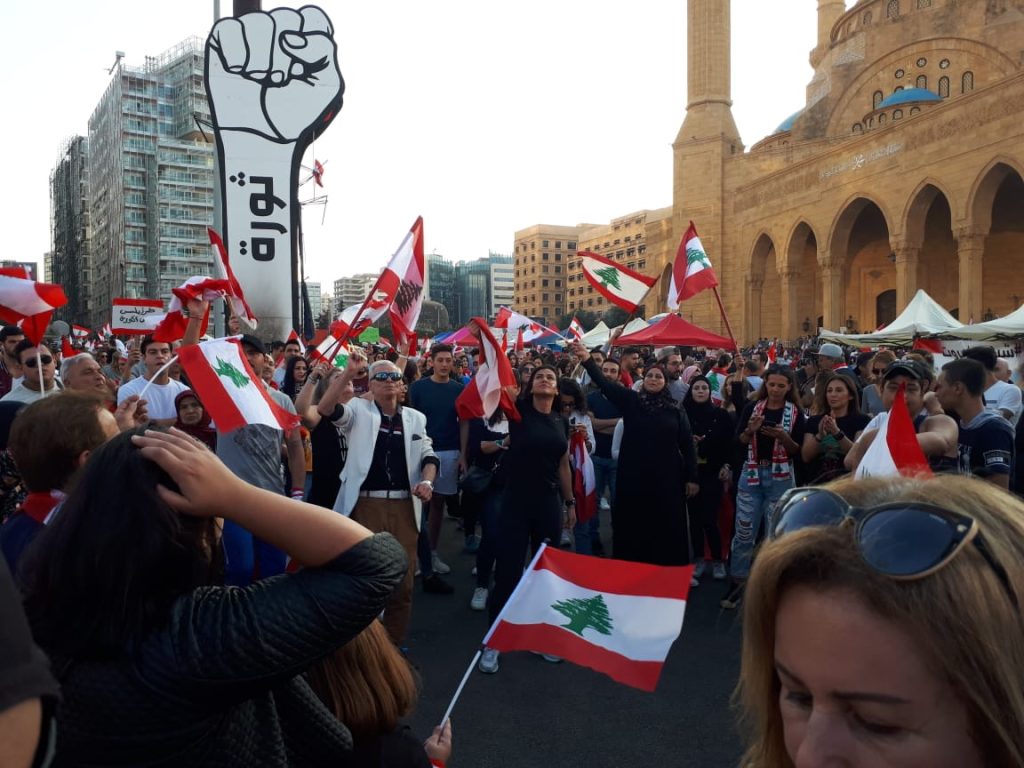
The political role of journalism in hybrid contexts like Tunisia and Lebanon is ambiguous. Journalism geared toward preserving the power of the incumbents coexists with journalism that defies the communication strategies of the elites. The presence of co-opted journalists is a brake on the development towards full democracy. At the same time, indomitable critical voices counteract the drift towards full authoritarian rule.
About the book
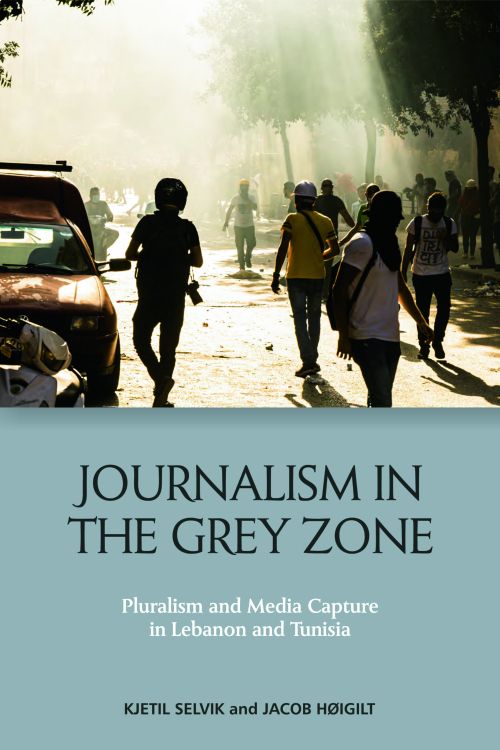 Journalism in the Grey Zone book cover | Order your copy Journalism in the Grey Zone: Pluralism and Media Capture in Lebanon and Tunisia by Kjetil Selvik and Jacob Høigilt Explains the political role of journalism in Arab countries marked by pluralist and manipulated media |
About the authors

Kjetil Selvik is Research Professor in the research group on Peace, Conflict and Development at the Norwegian Institute of International Affairs. He is co-author with Stig Stenslie of Stability and Change in the Modern Middle East (I.B. Tauris, 2011) and co-editor with B.O. Utvik of Oil States in the New Middle East: Uprisings and Stability (Routledge, 2016).
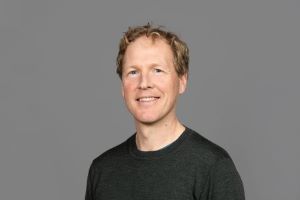
Jacob Høigilt is Head of Research, Department of Culture Studies and Oriental Languages, and Professor of Arabic Language and Culture at the University of Oslo. He is the author of Comics in Contemporary Arab Culture: Politics, Language and Resistance (I. B. Tauris, 2019) and Islamist Rhetoric: Language and Culture in Contemporary Egypt (Routledge, 2011). He is also co-editor with Gunvor Mejdell of The Politics of Written Language in the Arab World (Brill, 2017).


